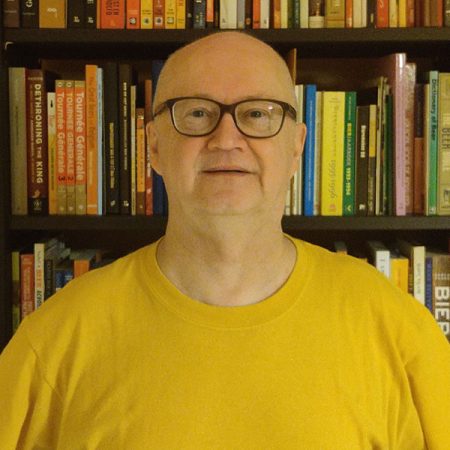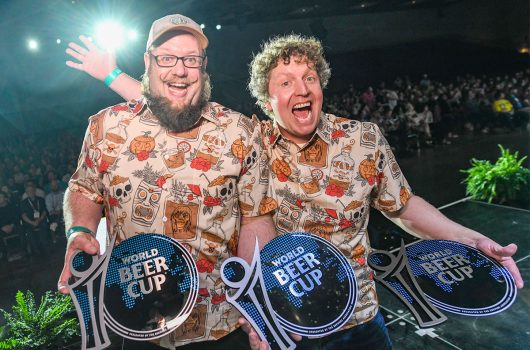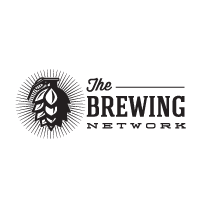
Marek Kaminski
Wie sind Sie in die Bierbranche gekommen? Warum ist Bier für Sie wichtig?
I have been working in the beer industry since early 2014, and later that year I co-founded a Polish craft beer brand, Browar Kingpin, where I have also served as brewmaster since 2018. I am a well-traveled international beer, cider, and mead judge with experience at the World Beer Cup, European Beer Star, Brussels Beer Challenge, Birra dell’Anno, International Beer Cup Japan, Concurso Brasileiro de Cervejas, and many other competitions. I have been the co-founder and president of the Polish Craft Brewers Association since 2018, and I also serve as an organizer, proctor, and grader for BJCP Beer, Cider, and Mead Judge certifications. Additionally, I am the BJCP EMEA Regional Director, a WSET Certified Educator for Award in Beer qualifications, a contributor to periodicals, and I run beer education classes and regular tasting events.
To me, beer embodies a rich blend of history, craftsmanship, and creativity. It’s a medium for exploring flavors, places, and stories, fostering communities, and celebrating cultural traditions. The art and science of brewing continually inspire me, offering endless opportunities for personal development and enjoyment.
Warum richten Sie beim World Beer Cup? Was bedeutet das Richten beim World Beer Cup für Sie?
I judge at the World Beer Cup because it is the largest and one of the most prestigious beer competitions in the world, where I get to meet many great beer professionals and taste some of the best beers in the world. It’s a great opportunity for me to both contribute to the evaluation as well as make new friends and master my skills. To be a judge at the World Beer Cup is to be part of the judging elite and to have my competences in the field recognized.

















